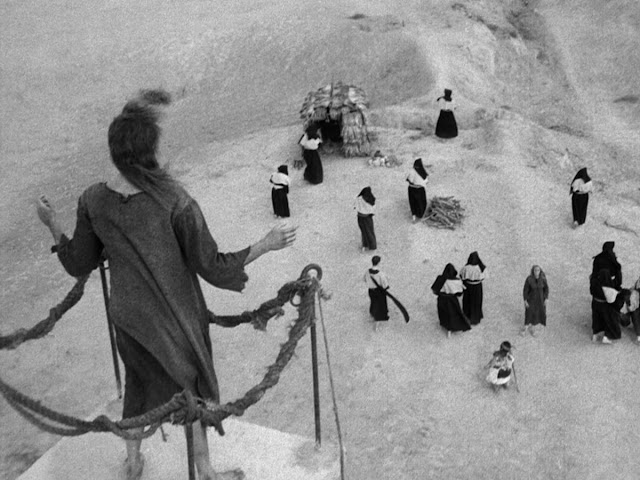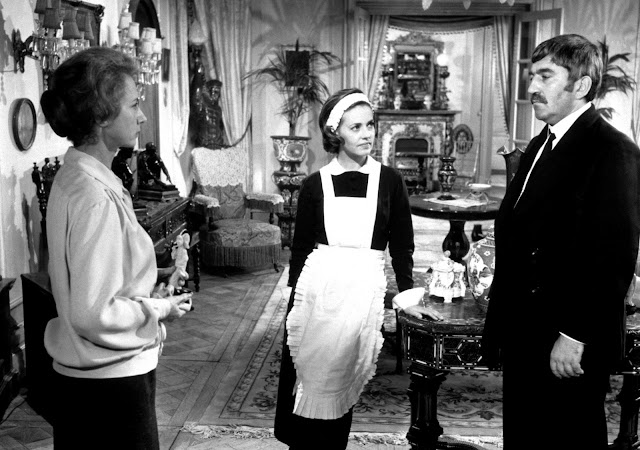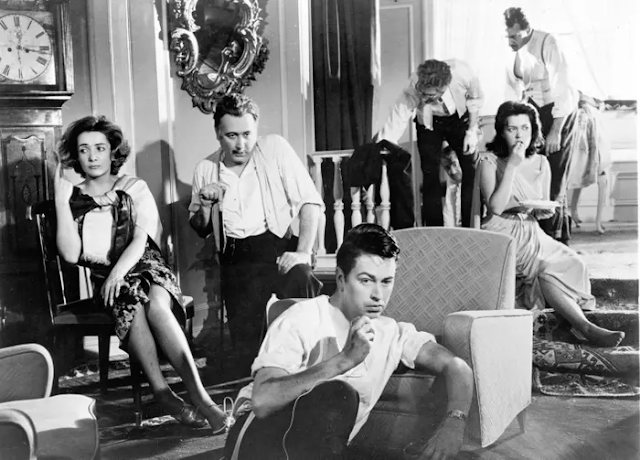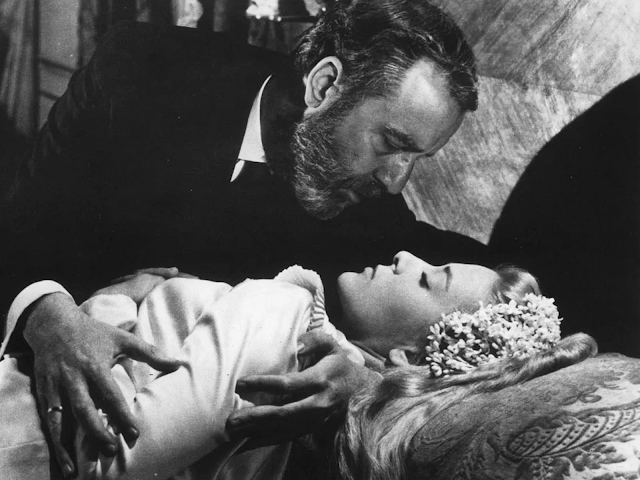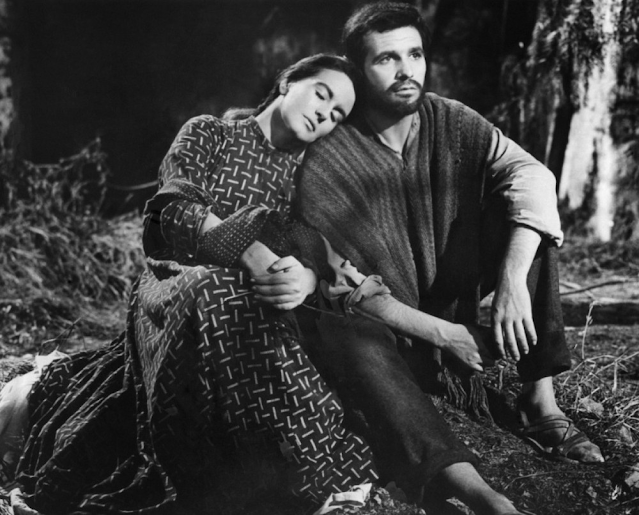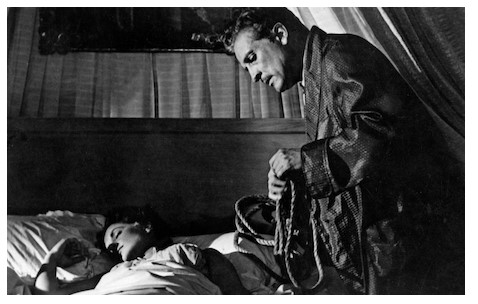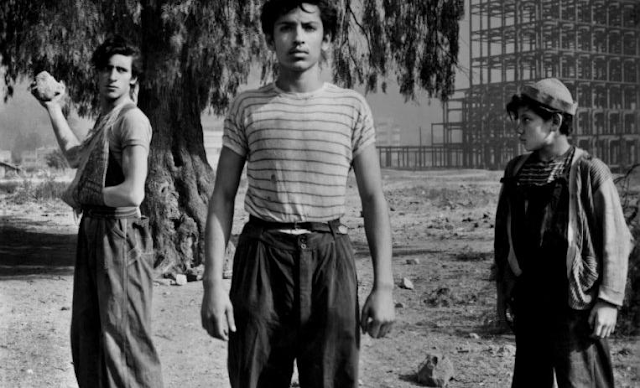Belle de Jour (1967)

Luis Bunuel's "Belle de Jour" In 1966, Luis Bunuel was tasked to adapt the scandalous 1928 Joseph Kessel novel " Belle de Jour " into a feature-length film. The only problem was that Bunuel found the novel detestable, calling it "a bit of a soap opera." However, he accepted because he wanted the challenge of turning something he didn't like into something he did like. He kept the same basic structure of the novel but changed many things to align with common themes held within his oeuvre. The result, 1967's " Belle de Jour ," was not only a box office success in France, but is now considered one of the most iconic French films of all time. The film stars France's most celebrated actress from the 20th century, Catherine Deneuve, as a bored middle-class housewife named Severine who decides to spend her days as a prostitute while he husband, Pierre, is at work. The more she gets inundated in the work, the more bizarre and depraved t
